Home / world / Queenstown’s Ambitious Bet: Becoming the World’s First Carbon-Zero Tourist Destination by 2030
Queenstown’s Ambitious Bet: Becoming the World’s First Carbon-Zero Tourist Destination by 2030
By: My India Times
2 minutes read 48Updated At: 2024-11-05
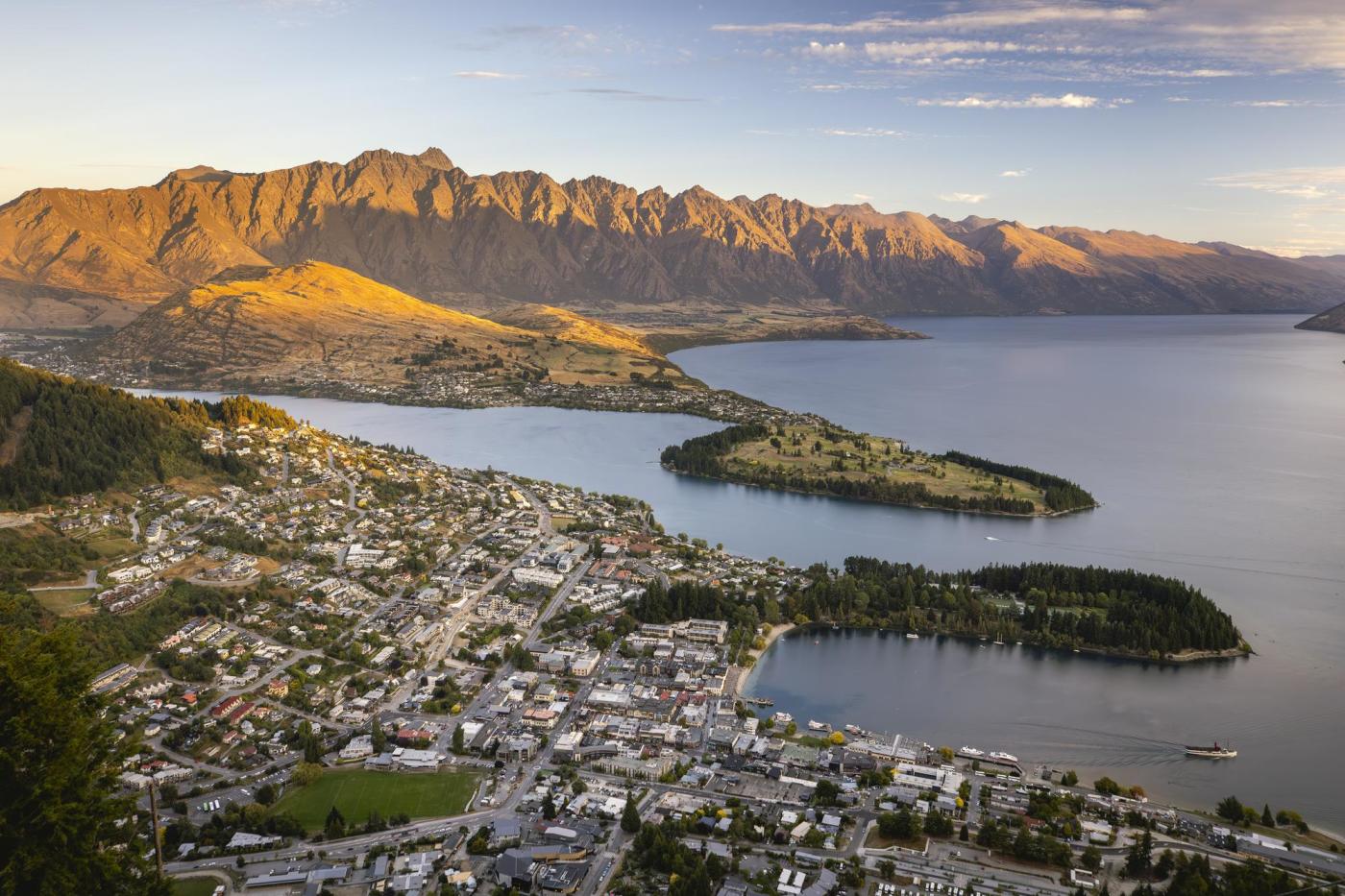
In the picturesque adventure capital of Queenstown, New Zealand, renowned for its adrenaline-fueled tourism and breathtaking landscapes, a radical transformation is underway. Queenstown, perched by the stunning Lake Wakatipu and surrounded by the Southern Alps, is launching an ambitious plan to become the world’s first carbon-zero tourist economy by 2030. This goes beyond offsetting emissions; it means the entire visitor experience will operate without emitting any carbon at all.
By 2030, visitors could be arriving on electric-powered aircraft, moving around town on a network of electric gondolas and hydro-powered ferries. Skiers and snowboarders might reach the peaks on electric chairlifts, and the region’s famous jet boat rides could be entirely powered by electric engines, gliding down the Shotover River and across Lake Wakatipu without a single drop of fossil fuel. Even the iconic TSS Earnslaw, a coal-powered steamboat from 1912, will be retrofitted to run on hydrogen, setting a new standard in sustainable tourism.
Destination Queenstown CEO Mat Woods said the ambitious 2030 deadline has energized the entire community, pushing everyone toward a collective commitment to carbon-zero. “2030 creates urgency, doesn’t it?†Woods said. “It seemed so hard to achieve that it got the community excited. This isn’t just about offsetting emissions—it’s about not emitting them in the first place.â€
Queenstown’s environmental push comes as the town faces rising tourist numbers, with nearly 400,000 international visitors in the last year alone. For a town with a permanent population of around 50,000, this influx highlights the pressing need to manage resources sustainably. The growth has strained infrastructure, and local leaders are rallying around carbon-zero tourism as a long-term solution to ensure Queenstown remains a viable, beautiful destination for years to come.
The adventure tourism industry in Queenstown, responsible for pioneering heart-racing experiences like bungee jumping and high-speed jet boat tours, has traditionally been powered by fuel-intensive activities. Shifting this industry toward a fully electric future is an enormous task. Yet the region’s commitment to innovation and sustainable energy reflects a shift from simply thrilling tourists to doing so with zero carbon emissions.
Ski resorts are already planning electric chairlifts, and talks with Air New Zealand envision carbon-neutral flights into Queenstown’s airport. Meanwhile, the community is working to expand the town’s sustainable transport network. Electric vehicle charging stations are increasingly visible, and sustainable initiatives like electric bike rentals and eco-friendly transport are encouraged to help visitors explore the town with minimal impact.
Beyond technology, the carbon-zero goal is reshaping Queenstown’s identity. Once known for the thrill of risky, fuel-powered activities, it is positioning itself to become the global leader in ecotourism and sustainable travel. Local businesses are also on board, with many hospitality and tour operators transitioning to eco-friendly practices, from sustainable lodging to waste-free packaging.
This transformation sets Queenstown apart from many destinations pursuing carbon-neutral tourism through offsets, such as tree planting. The carbon-zero goal requires that no emissions be produced in the first place—a much higher bar and a testament to the town’s commitment to true environmental responsibility.
Queenstown’s carbon-zero vision, if achieved, could mark a watershed moment for global tourism, influencing other high-profile destinations to rethink how they manage visitor impact on the environment. With the clock ticking, all eyes are on Queenstown as it strives to become the ultimate green tourism model and a beacon for sustainable travel worldwide.
....In the picturesque adventure capital of Queenstown, New Zealand, renowned for its adrenaline-fueled tourism and breathtaking landscapes, a radical transformation is underway. Queenstown, perched by the stunning Lake Wakatipu and surrounded by the Southern Alps, is launching an ambitious plan to become the world’s first carbon-zero tourist economy by 2030. This goes beyond offsetting emissions; it means the entire visitor experience will operate without emitting any carbon at all.
By 2030, visitors could be arriving on electric-powered aircraft, moving around town on a network of electric gondolas and hydro-powered ferries. Skiers and snowboarders might reach the peaks on electric chairlifts, and the region’s famous jet boat rides could be entirely powered by electric engines, gliding down the Shotover River and across Lake Wakatipu without a single drop of fossil fuel. Even the iconic TSS Earnslaw, a coal-powered steamboat from 1912, will be retrofitted to run on hydrogen, setting a new standard in sustainable tourism.
Destination Queenstown CEO Mat Woods said the ambitious 2030 deadline has energized the entire community, pushing everyone toward a collective commitment to carbon-zero. “2030 creates urgency, doesn’t it?†Woods said. “It seemed so hard to achieve that it got the community excited. This isn’t just about offsetting emissions—it’s about not emitting them in the first place.â€
Queenstown’s environmental push comes as the town faces rising tourist numbers, with nearly 400,000 international visitors in the last year alone. For a town with a permanent population of around 50,000, this influx highlights the pressing need to manage resources sustainably. The growth has strained infrastructure, and local leaders are rallying around carbon-zero tourism as a long-term solution to ensure Queenstown remains a viable, beautiful destination for years to come.
The adventure tourism industry in Queenstown, responsible for pioneering heart-racing experiences like bungee jumping and high-speed jet boat tours, has traditionally been powered by fuel-intensive activities. Shifting this industry toward a fully electric future is an enormous task. Yet the region’s commitment to innovation and sustainable energy reflects a shift from simply thrilling tourists to doing so with zero carbon emissions.
Ski resorts are already planning electric chairlifts, and talks with Air New Zealand envision carbon-neutral flights into Queenstown’s airport. Meanwhile, the community is working to expand the town’s sustainable transport network. Electric vehicle charging stations are increasingly visible, and sustainable initiatives like electric bike rentals and eco-friendly transport are encouraged to help visitors explore the town with minimal impact.
Beyond technology, the carbon-zero goal is reshaping Queenstown’s identity. Once known for the thrill of risky, fuel-powered activities, it is positioning itself to become the global leader in ecotourism and sustainable travel. Local businesses are also on board, with many hospitality and tour operators transitioning to eco-friendly practices, from sustainable lodging to waste-free packaging.
This transformation sets Queenstown apart from many destinations pursuing carbon-neutral tourism through offsets, such as tree planting. The carbon-zero goal requires that no emissions be produced in the first place—a much higher bar and a testament to the town’s commitment to true environmental responsibility.
Queenstown’s carbon-zero vision, if achieved, could mark a watershed moment for global tourism, influencing other high-profile destinations to rethink how they manage visitor impact on the environment. With the clock ticking, all eyes are on Queenstown as it strives to become the ultimate green tourism model and a beacon for sustainable travel worldwide.
By: My India Times
Updated At: 2024-11-05
Tags: world News | My India Times News | Trending News | Travel News
Join our WhatsApp Channel










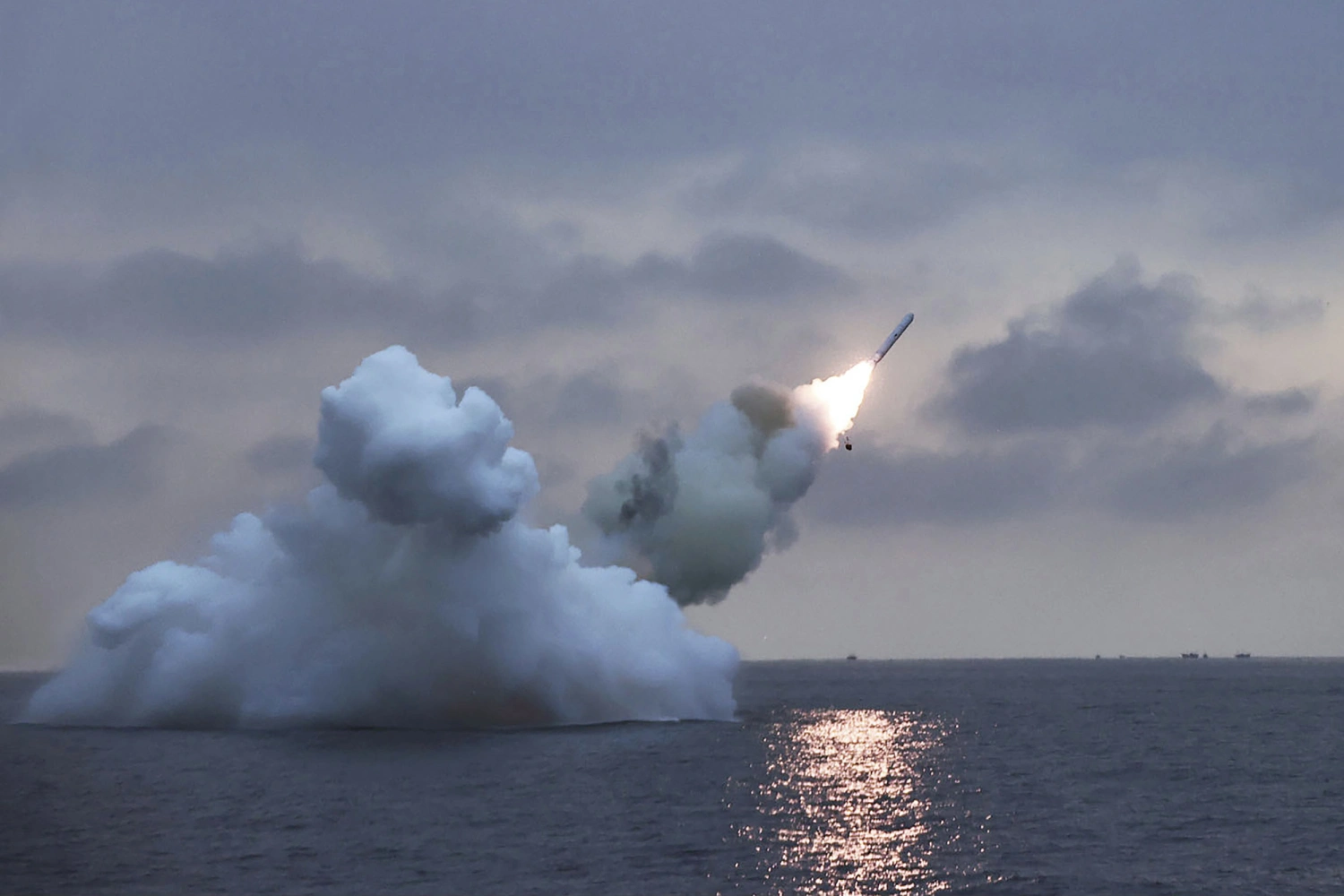










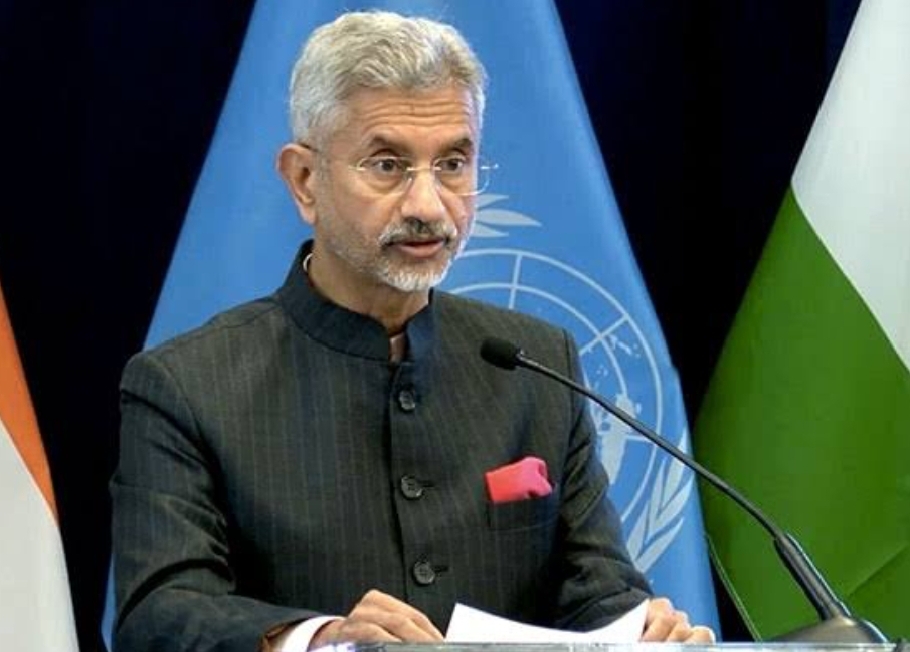





























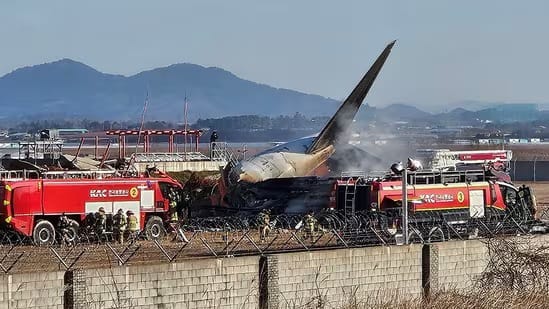




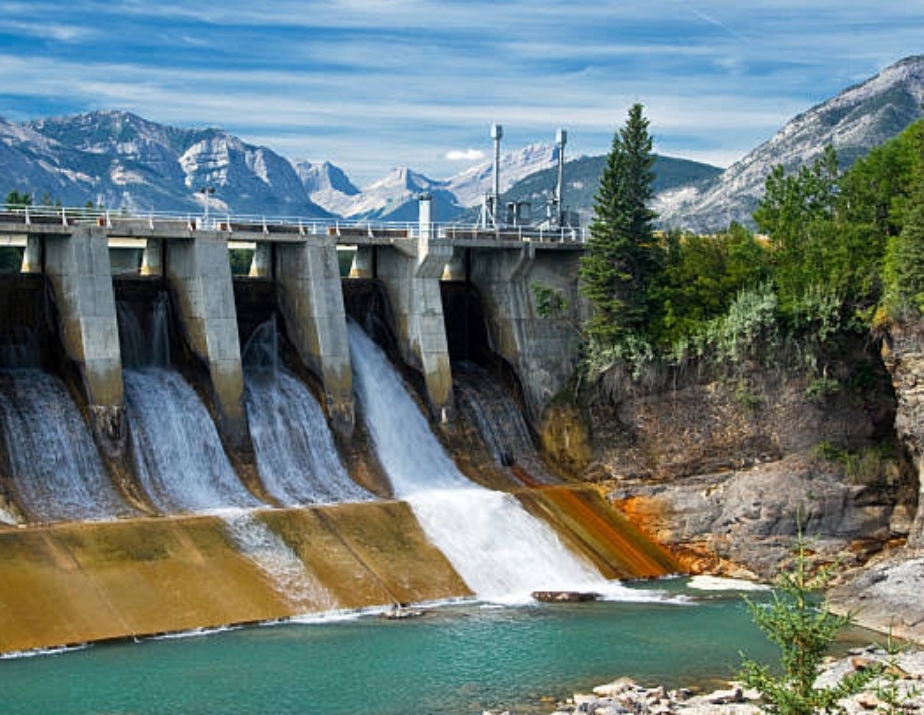







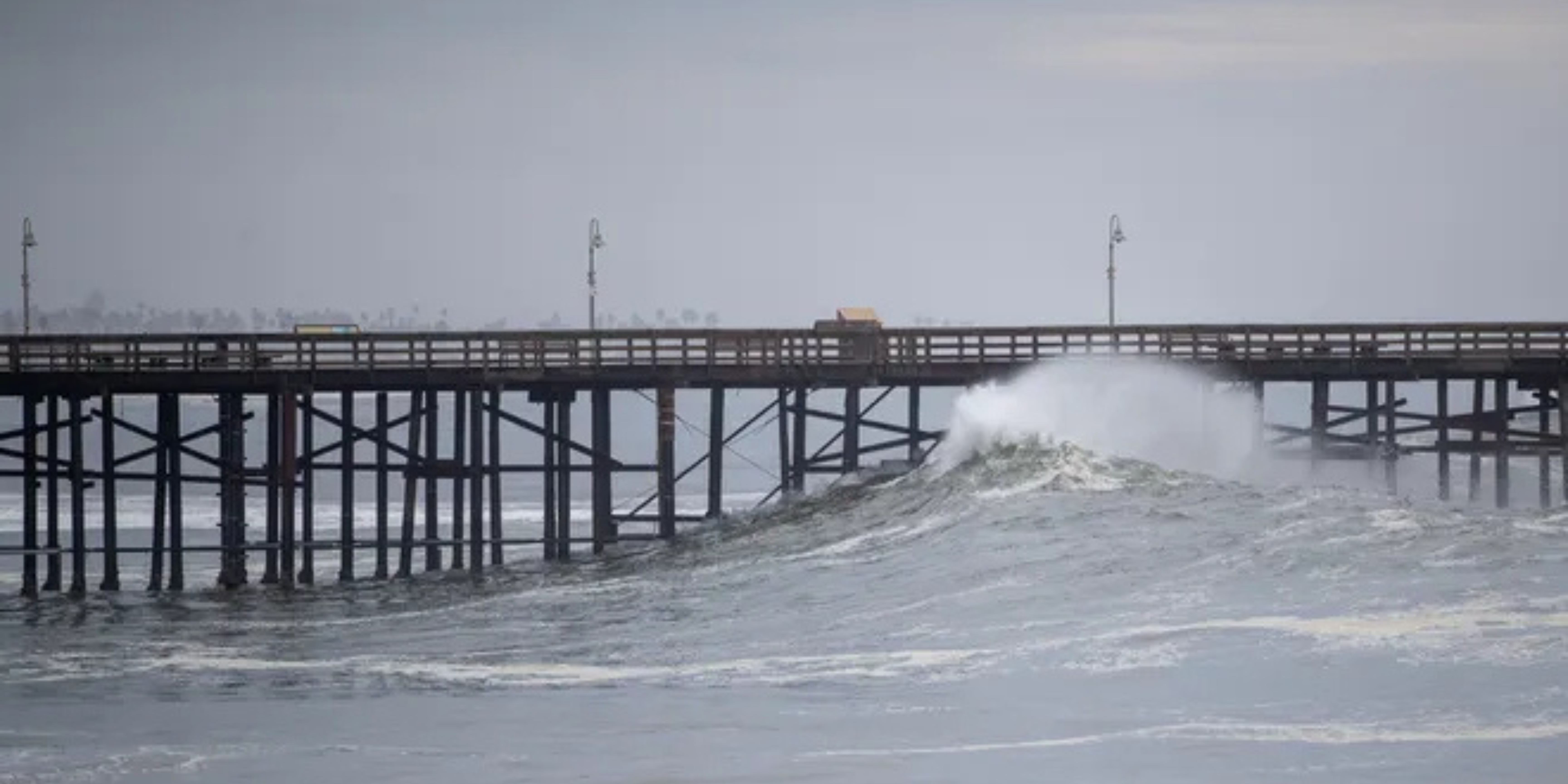












.png)








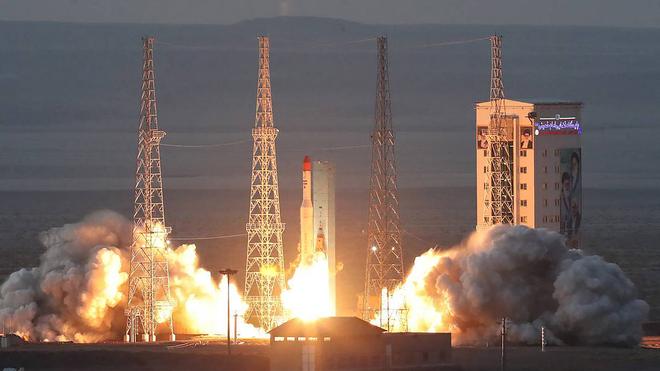





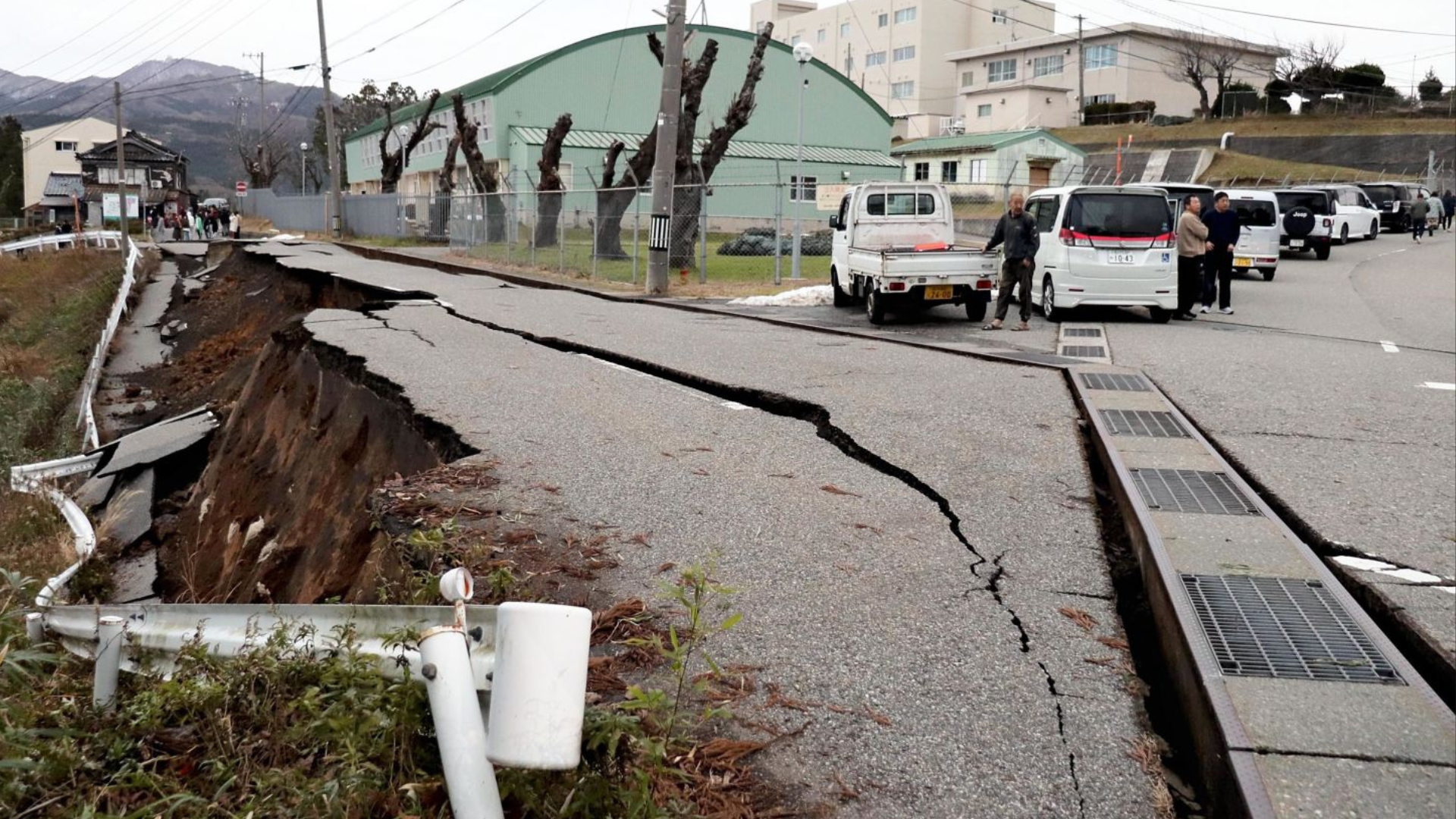



.png)



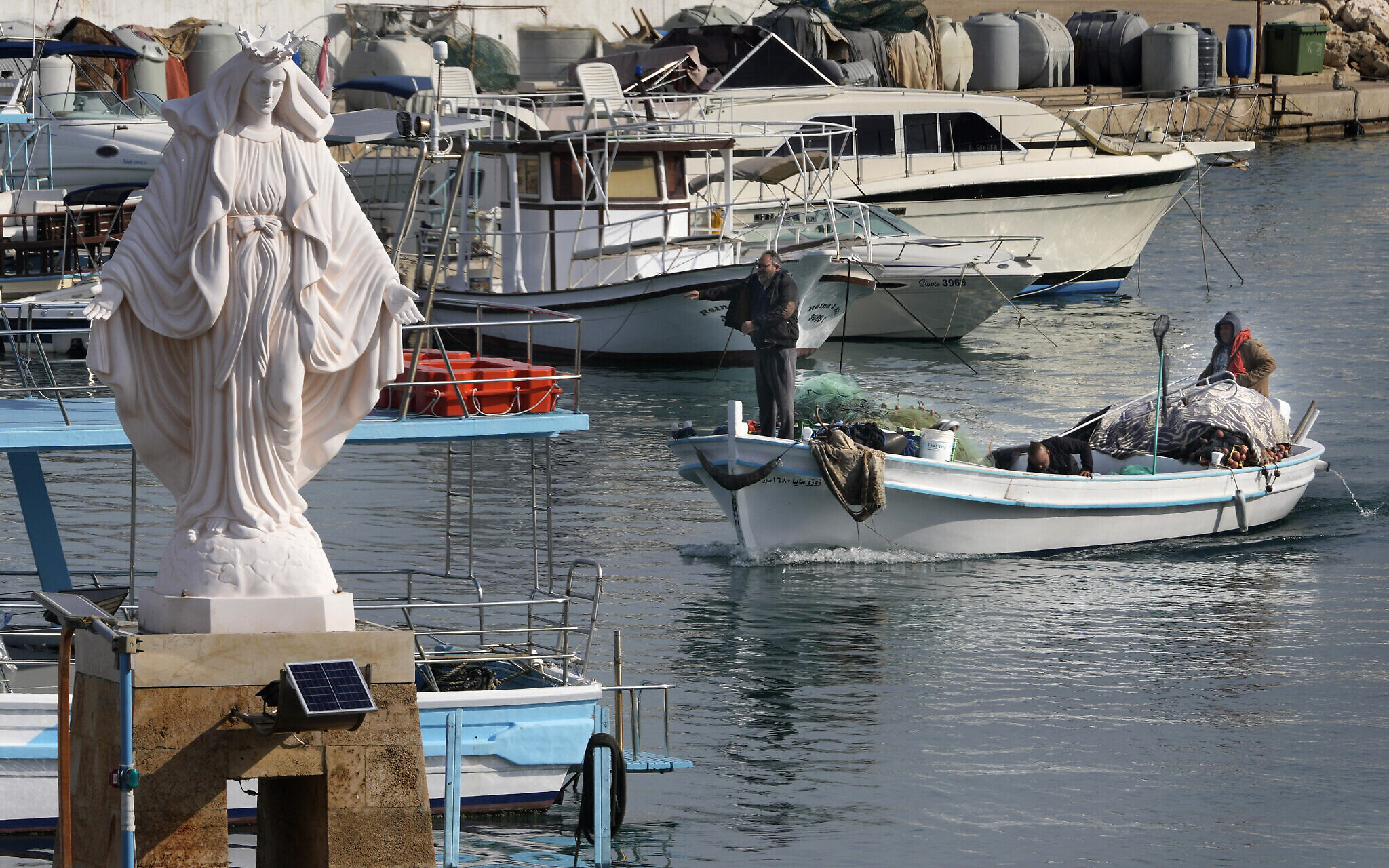



.jfif)

































































































.png)
 (1).png)























